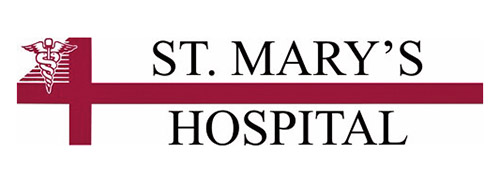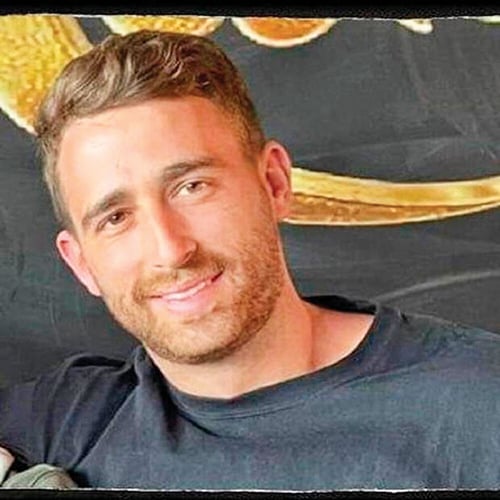
(Courtesy of SMGH) While we wait to know when the COVID vaccine will be available to the general public, please be aware that monoclonal antibodies are available at St. Mary’s General Hospital, Passaic, New Jersey, for those who are exposed. It has been a major benefit at St. Mary’s General this wave to help keep the virus at bay—positive cases were cut in half from one week to the next.
What Are Monoclonal Antibodies?
On Nov. 21, the U.S. Food and Drug Administration issued an emergency use authorization (EUA) for monoclonal antibodies for the treatment of mild to moderate COVID-19 in adults and pediatric patients (12+ years of age weighing at least 40 kilograms [about 88 pounds]). Monoclonal antibodies are not chemical compounds, as are most drugs. They are based on natural antibodies—which are proteins that the body produces to defend itself against disease—but are created in the lab and mass-produced in factories. Last year, seven of the top 10 best-selling drugs were monoclonal antibodies.
What Is an Antibody?
An antibody is a protein that sticks to a specific protein called an antigen. Antibodies circulate throughout the body until they find and attach to the antigen. Once attached, they can force other parts of the immune system to destroy the cells containing the antigen. Researchers can design antibodies that specifically target a certain antigen, such as one found on cancer cells. They can then make many copies of that antibody in the lab, which are known as monoclonal antibodies.
The current list of therapeutic monoclonal antibodies has over 500 entries, which are used to treat/cure many illnesses, including those most associated with Ashkenazi Jews, e.g., breast or colon cancer, inflammatory bowel disease, Crohn’s disease, ulcerative colitis, rheumatoid arthritis, psoriasis, hemolytic disease of the newborn, Alzheimer’s, multiple sclerosis and more.
The development of monoclonal antibodies for prevention of COVID-19 is important for a number of reasons, among which include:
May be able to serve as another prevention option until a vaccine is readily available for the general public.
May be able to provide immediate protection or treatment for those who are exposed and not yet vaccinated.
May be required for people who cannot develop or maintain an adequate immune response after vaccination, such as older adults.
“At St. Mary’s General Hospital, we reduced by half the number of positive cases who came to our emergency department,” said George Matyjewicz, PhD, community liaison at St. Mary’s General Hospital. “Monoclonal antibodies are prescribed as an outpatient IV infusion for COVID-positive patients who have mild or moderate symptoms. Currently there [are] specific criteria to receive this medication. Any senior or an individual with comorbidities that put them at a high risk for a severe course of COVID-19 would be eligible. The emergency department physicians can screen you for eligibility or your primary care physician can contact Dr. Sessine Najjar, medical director of infectious disease at St. Mary’s General Hospital. This is another way that St. Mary’s General Hospital and Prime Healthcare goes one step further to find cures for our patients.”
St. Mary’s General Hospital—nationally recognized, locally preferred among the top hospitals in America for health, quality and patient safety. The hospital has over 550 physicians and 1,200 employees, with every staff member committed to providing respectful, personalized, high-quality care to satisfy patients’ needs and exceed their expectations. St. Mary’s General is a proud member of Prime Healthcare, which has more Patient Safety Excellence Awards for five consecutive years (2016-2020) than any other health system in the country, including a “Top 15 Healthcare System” by Truven Health Analytics. To learn more about St. Mary’s General Hospital visit https://www.smh-nj.com/ or Facebook at https://www.facebook.com/StMarysGeneral.
For more information, please contact George Matyjewicz, PhD, community liaison at [email protected].










